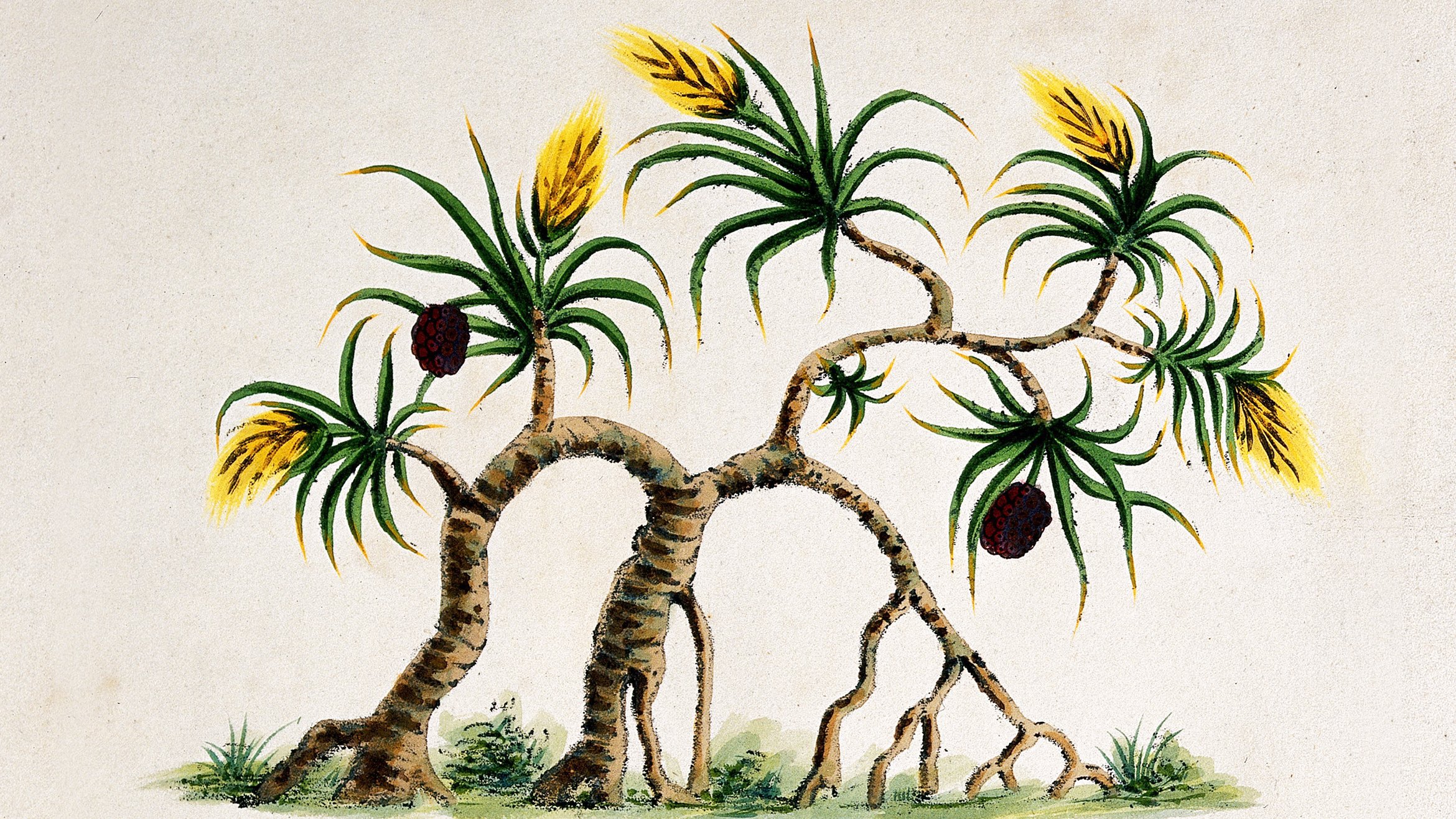Living in Translation, or Why I Love Daffodils, an Unpopular Postcolonial Flower
For generations, Indians had to learn a poem about a flower most would rarely see.
Aesop’s Fables
These parameters—of living in perennial translation, and accepting that not everything is accessible—were foundational to me as a writer.
Decolonising the Mind Scroll.in,
Things Fall ApartSong of SolomonPride and PrejudiceTales from ShakespeareDotal Hatir Uye Khowa Howdah The Moth Eaten Howdah of the Tusker).
Moth Eaten
The First Promise:
The First Promise
The First Promise
TheNamesake
The Namesake
If you have the questioning mind of a writer, it is hard to like the poem. If you are an anglophile, you would love the flower without ever seeing or touching it.
TheLos Angeles Review of Books
chose
The Shadow Lines
The Namesake,The Interpreter of Maladies
Aruni Kashyap is an Assamese writer and translator. An Associate Professor of English and Director of the Creative Writing Program at the University of Georgia, he is the author of two books of fiction: The House With a Thousand Stories and His Father's Disease. There Is No Good Time for Bad News is his first poetry collection. You can find more of his work on www.arunikashyap.com and on Instagram/ Twitter @arunikashyap
Enter your email address to receive notifications for author Aruni Kashyap
Success!
Confirmation link sent to your email to add you to notification list for author Aruni Kashyap
More by this author
An Ode to the Great Undead Novella
Where I lived and grew up, the novella was never endangered.
More in this series
I Was a Seventh-Grade Book Censor
“Through books, the best parts of me could breathe and be seen. No boy was going to fuck that up for me.”
Becoming an American Girl: Lessons from The Babysitter’s Club
If we had left Venezuela, it had to be because life in America was going to be better, but the BSC world didn’t seem inherently better—just different.
Reading Joan Didion Taught Me How to Not Write About Hawaiʻi
Didion depicts Hawaiʻi as a place that exists solely in the white American imagination, and, because of this, her journalism is a fiction.






